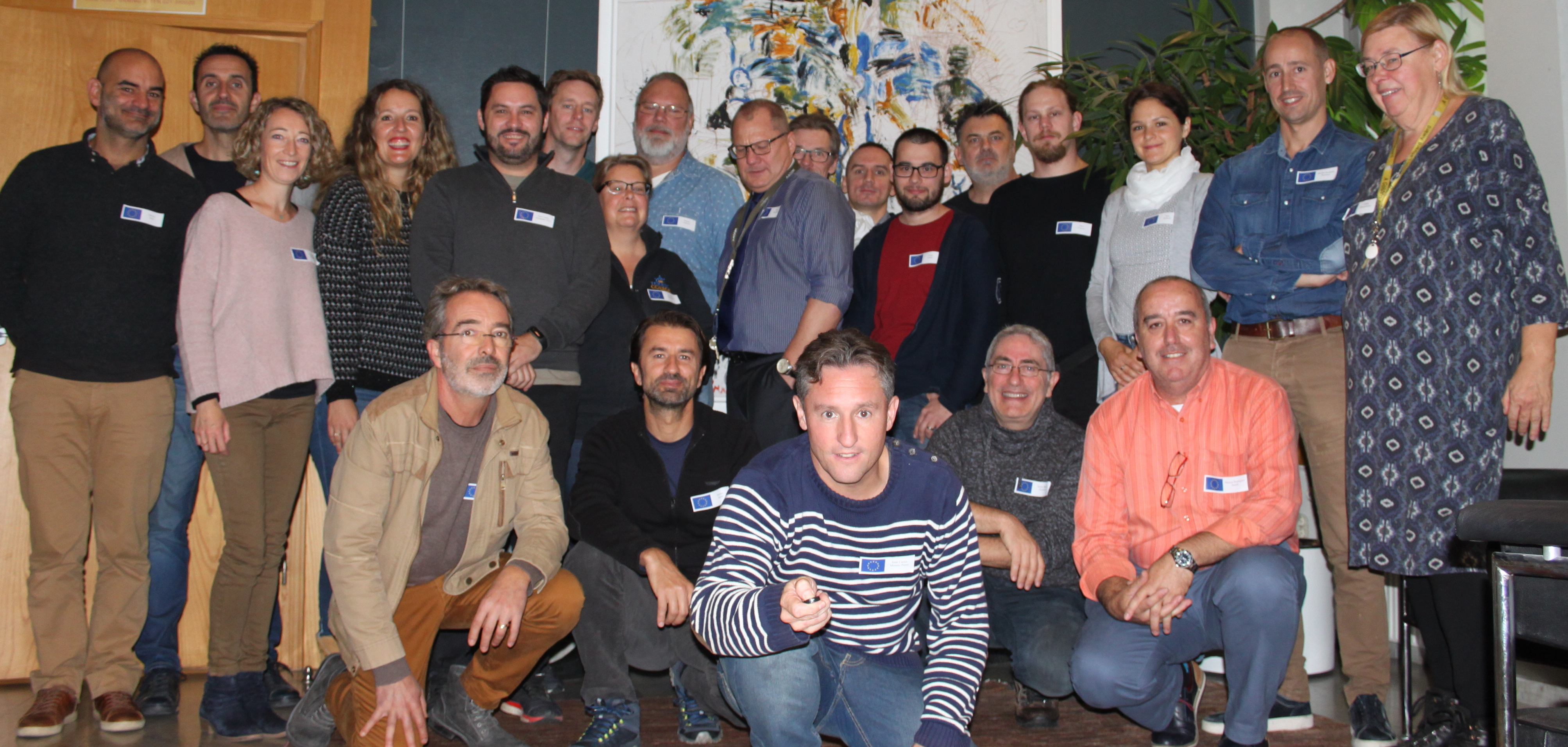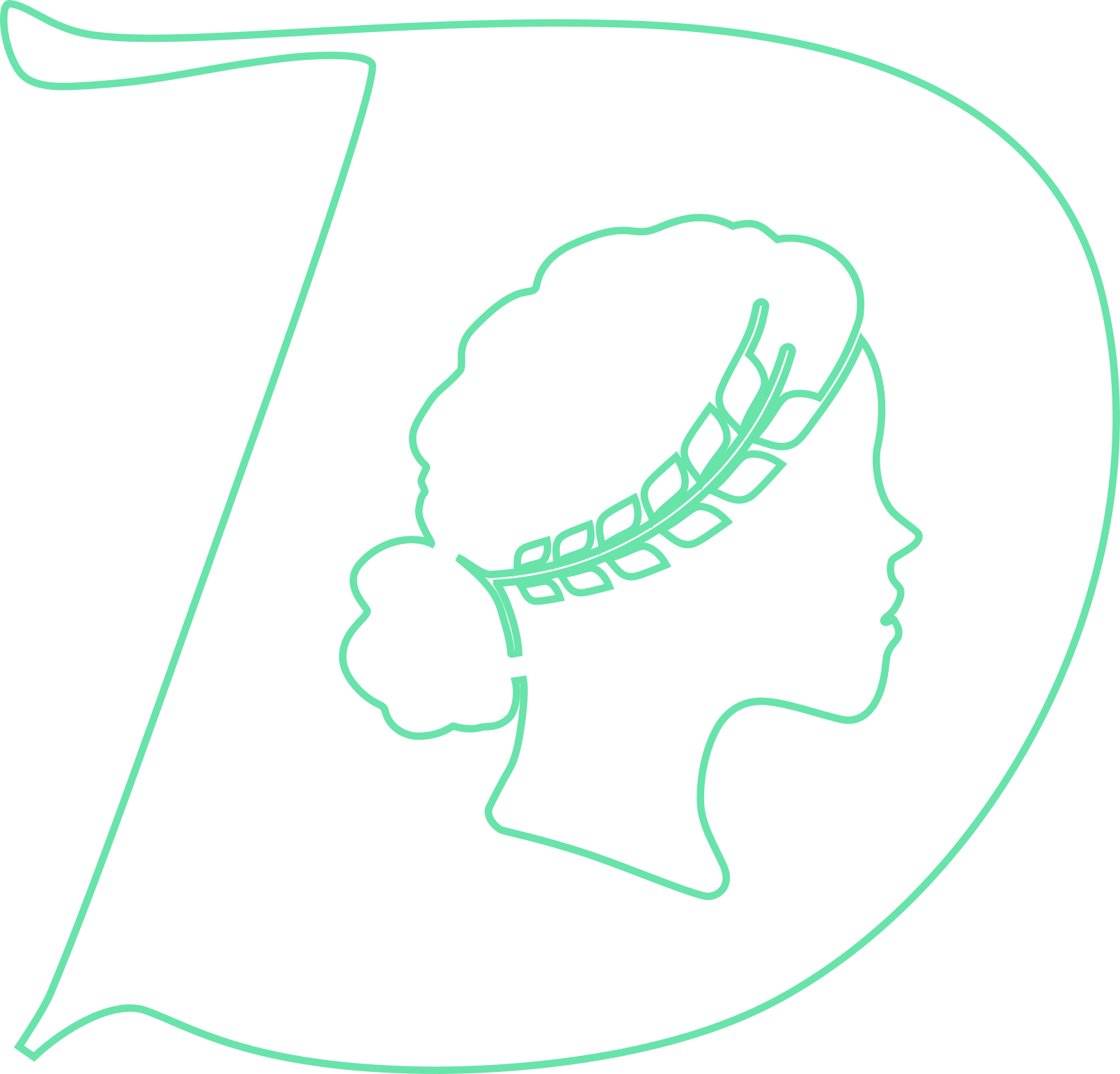 DEMETER (Developing Enhanced MEthodology for Thematic Learning in Education using Real-world problem solving), is an Erasmus+ strategic partnership project for innovation, running from 2019 to 2020.
DEMETER (Developing Enhanced MEthodology for Thematic Learning in Education using Real-world problem solving), is an Erasmus+ strategic partnership project for innovation, running from 2019 to 2020.
The partnership consists of four Upper Secondary schools, the Rudbeckianska gymnasiet (coordinator), Sweden, Elektrotehnicka i Ekonomska skola, Croatia, Lycée Saint-Exupery, France, and IES Mar de Alboran, Spain, supported by key associated partners, ENSA (European Network of Social Authorities) and XP Metal Detectors.
We have carried out seven transnational project meetings leading to a successful project with a closely knit partnership and good quality assurance. Together, the partner schools cover a variety of different approaches, curricula and experiences in education, all of which will contribute to the project and its results, as well as to the propagation and applicability of Thematic Learning within Upper Secondary schools in Europe.
The objective of the project has been to develop and enhance the use of Thematic Learning within Upper Secondary schools in order to promote interdisciplinary co-operation. DEMETER is aimed at propagating and enhancing existing educational practices in the disciplines of Science, Technology, Engineering, Arts and Mathematics (STE(A)M), and Social Sciences. It will also integrate skills and techniques used in VET.
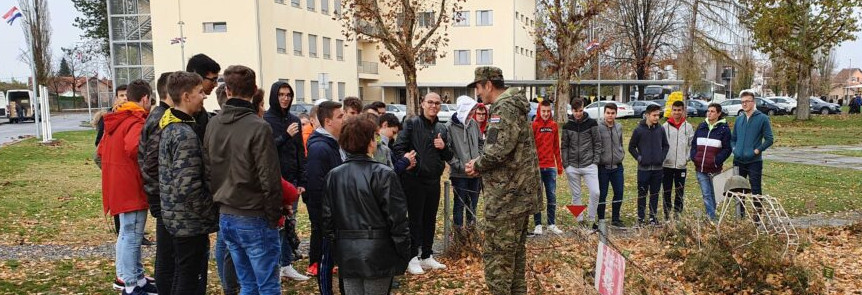
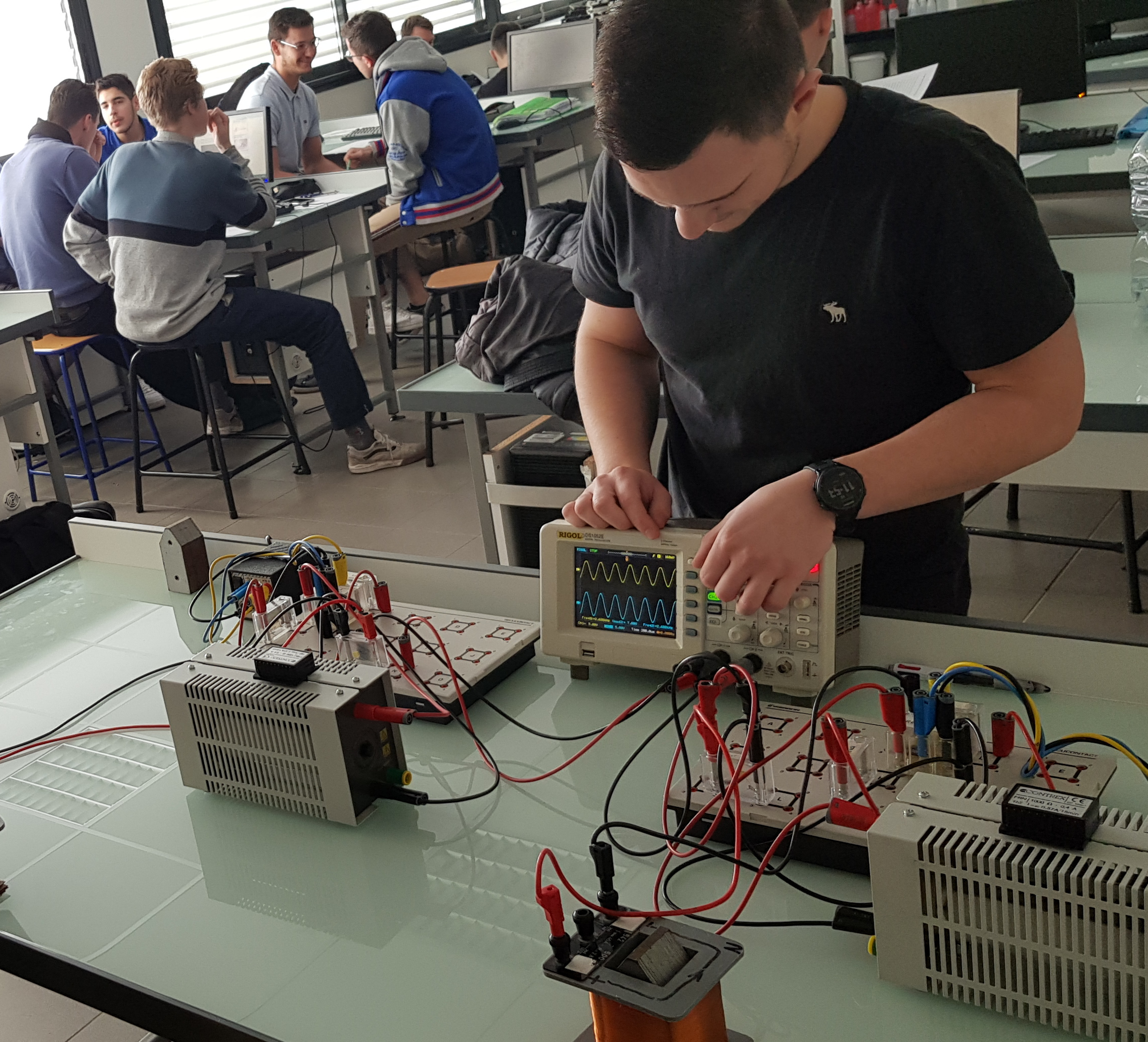 Consequently, a variety of subjects and techniques (e.g. CAD/CAM, Additive Manufacture, Electronics, Programming, Web design, Computer Numeric Control-machining, Metalwork/welding, Logistics, History, Economy, Political and Social science, Law, Art and design, Geography, English, Ethics) will be included in addition to more theoretical aspects of STE(A)M.
Consequently, a variety of subjects and techniques (e.g. CAD/CAM, Additive Manufacture, Electronics, Programming, Web design, Computer Numeric Control-machining, Metalwork/welding, Logistics, History, Economy, Political and Social science, Law, Art and design, Geography, English, Ethics) will be included in addition to more theoretical aspects of STE(A)M.
The participating teachers will provide contributions to Thematic Learning that shows the needs for interaction between all subjects and real-life settings.
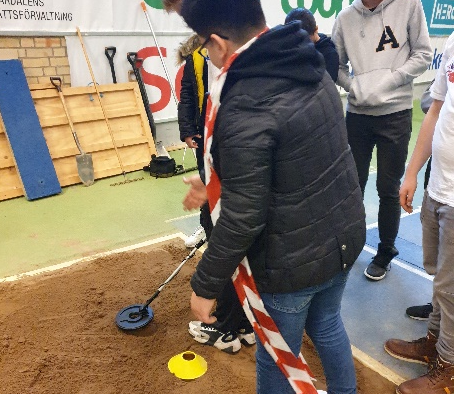 The nominal theme used in the project is the problem of landmines. The students were given tasks to make studies on the associated human, economic and social costs, as well as designing and developing a remotely-controlled vehicle for landmine detection (Mine Detection Rover).
The nominal theme used in the project is the problem of landmines. The students were given tasks to make studies on the associated human, economic and social costs, as well as designing and developing a remotely-controlled vehicle for landmine detection (Mine Detection Rover).
By selecting a theme of relative high technological complexity, and offering an innovative and digital learning environment, DEMETER has permitted students to use ICT and advanced technologies in a creative and collaborative way, integrating theoretical knowledge with practical real-world problem solving, and provide ample opportunities for work-based learning, an entrepreneurial approach and applied science.
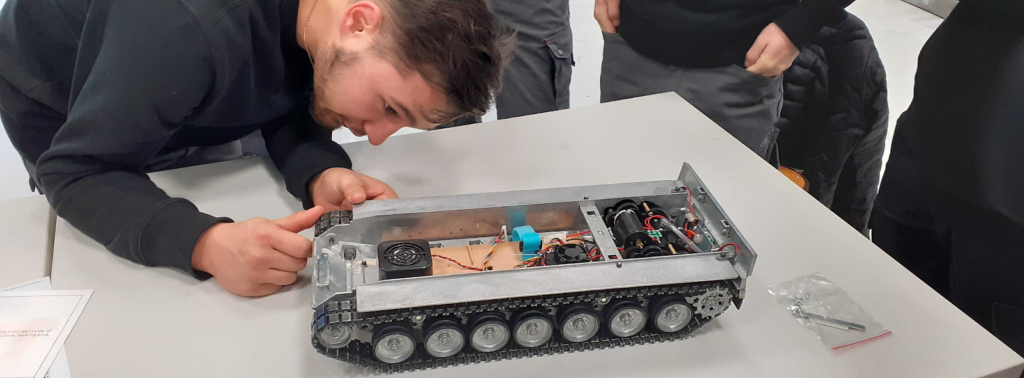
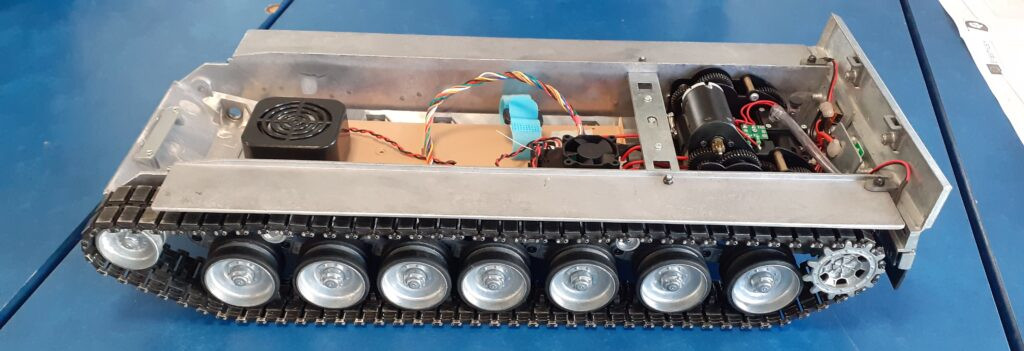
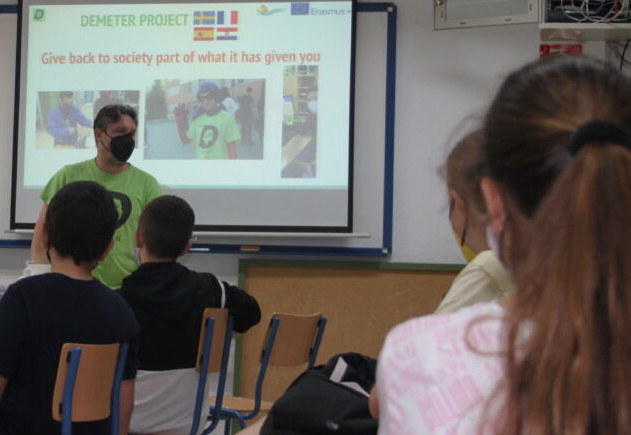 The central idea of DEMETER is to use well co-planned learning sessions, as a base for the development of three intellectual outputs, taking the form of a set of Thematic Modules, serveral On-line Courses, as well as a Guideline and Teachers’ Manual. The Thematic Modules can be described as “mini-projects” within a main theme. All activities within these Thematic Modules have been thoroughly documented using a variety of media, including video, step-by-step illustrating various pedagogic techniques and methods used with the students within the framework of the project.
The central idea of DEMETER is to use well co-planned learning sessions, as a base for the development of three intellectual outputs, taking the form of a set of Thematic Modules, serveral On-line Courses, as well as a Guideline and Teachers’ Manual. The Thematic Modules can be described as “mini-projects” within a main theme. All activities within these Thematic Modules have been thoroughly documented using a variety of media, including video, step-by-step illustrating various pedagogic techniques and methods used with the students within the framework of the project.
The On-line Courses and the Guideline and Teachers’ Manual can be considered support material for the use and implementation of the methodology in the Thematic Modules.
They ensure easily accessible support and instructions for educators and Upper Secondary Schools, as well as for decision makers on different levels.
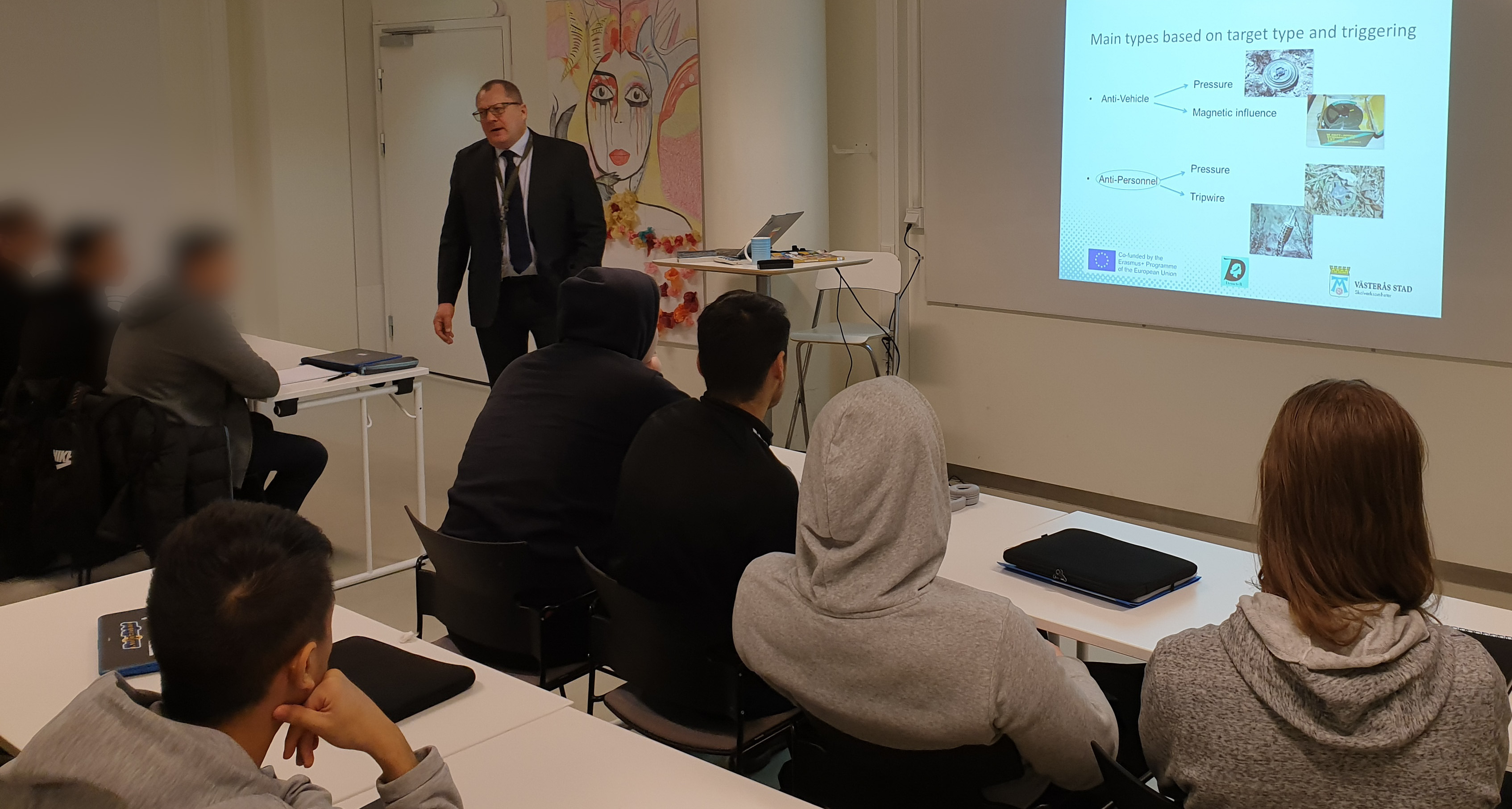 The primary targets groups of the results are educators and Upper Secondary educational institutions across Europe. The provision of freely available Intellectual Outputs are expected to enhance existing educational practices in STE(A)M subjects, Social Sciences as well as the teaching of VET-subjects. The intention was, and is, to improve study motivation and study goal achievements during the project, but also in the future.
The primary targets groups of the results are educators and Upper Secondary educational institutions across Europe. The provision of freely available Intellectual Outputs are expected to enhance existing educational practices in STE(A)M subjects, Social Sciences as well as the teaching of VET-subjects. The intention was, and is, to improve study motivation and study goal achievements during the project, but also in the future.
Other stakeholders that will be targeted are the high-tech business community, governmental agencies and relevant NGO’s. Cooperation between the Upper Secondary education providers and the students’ possible future employers will benefit the matching of students’ skills and competence and contribute towards their employability, as well as encourage them to make study choices that correspond to the needs of the labour market.
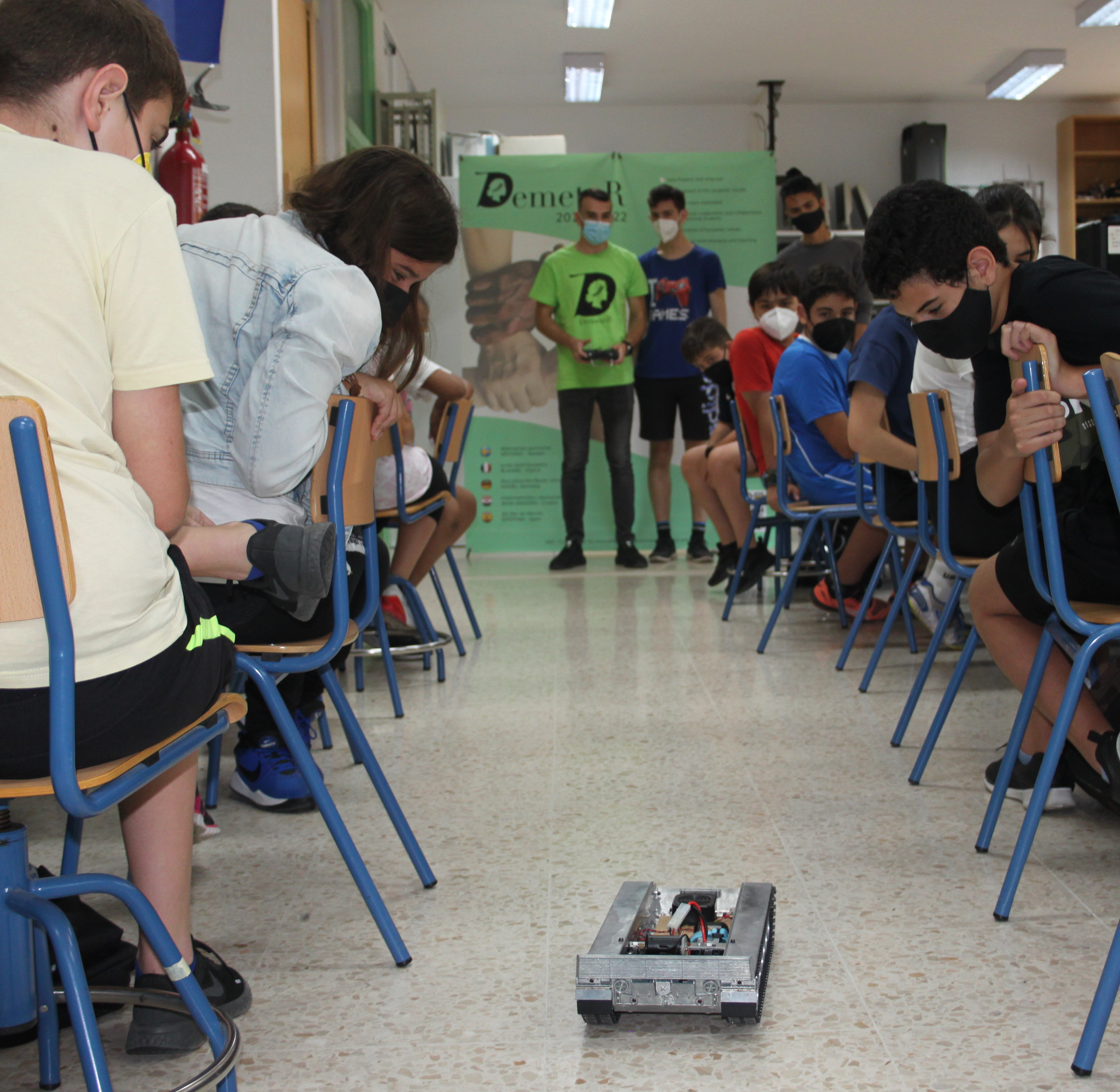 The project has carried out extensive, targeted and continuous dissemination activities, including five Multiplier Events, where methodologies and results have been presented and discussed.
The project has carried out extensive, targeted and continuous dissemination activities, including five Multiplier Events, where methodologies and results have been presented and discussed.
DEMETER is expected to have a strong impact on further establishing Thematic Learning as a pedagogic tool within Upper Secondary educational bodies.
The DEMETER projects results, and documentation of learning sessions and dissemination activities, is available on the project website. It will continue to provide free access to all project results after the project life-cycle. Project participants will continue to add information and continued developments on the website, and post-project dissemination activities will be presented on the site as they are carried out.
